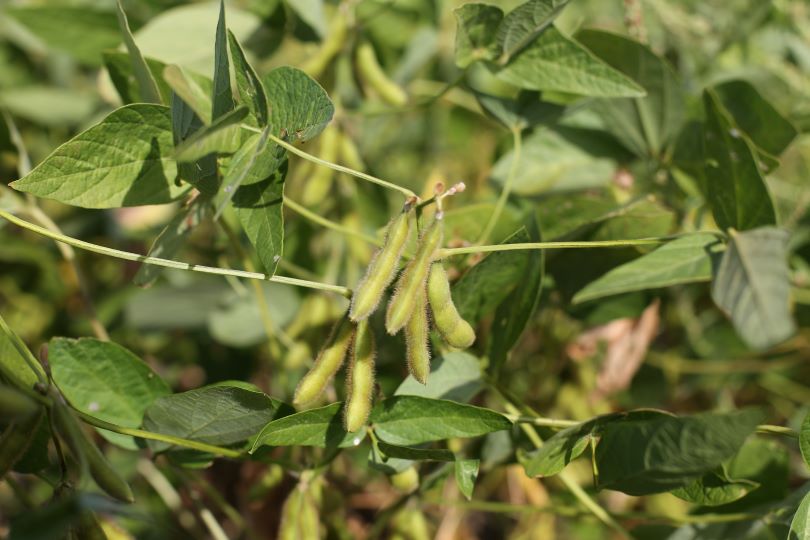The U.S. Environmental Protection Agency (EPA) on Wednesday, Aug. 18, announced it will prohibit the use of chlorpyrifos on food crops grown in the United States.
As part of the decision, EPA is revoking all food tolerances for the chemical. The agency also will issue a notice of intent to cancel registered food uses of chlorpyrifos associated with the revoked tolerances, citing concerns it harms farmworkers and children.
“Farmers and ranchers care deeply about the quality of our crops. Nothing is more important than producing safe, nutritious food. So, we must be guided by the most reliable determinant of safety, which is science. This administration has repeatedly made commitments to abide by science, yet the EPA decision on chlorpyrifos strays from that commitment and takes away an important tool to manage pests and insects,” American Farm Bureau Federation President Zippy Duvall said. “We urge EPA officials not to make determinations on pesticides outside of the regular registration review process already underway. The integrity of the registration review process and commitment to using sound science must be prioritized in a decision of such far-reaching consequences.”
The final rule is effective 60 days after its published in the Federal Register, and the revocations of the tolerances on all commodities are effective after six months.
The pesticide has been challenged several times, and the U.S. Court of Appeals for the Ninth Circuit ruled earlier this year EPA had to revoke or modify food tolerances to comply with a federal food safety law.
This was the final step in a process that began in 2007 when Pesticide Action Network North America and Natural Resources Defense Council filed a petition to revoke all chlorpyrifos tolerances.
EPA denied the petition in 2017 under then-Administrator Scott Pruitt. Additional objections and legal challenges in 2019 were also denied.
Texas Farm Bureau (TFB) submitted comments in support of chlorpyrifos during those petitions.
“Texas is a diverse state, and our members grow hundreds of different row crops, fruits and vegetables and other specialty crops,” Jay Bragg, TFB associate director of Commodity and Regulatory Activities, said. “It is critical that they have access to a wide range of safe, effective and affordable pest control products.”
Chlorpyrifos, an organophosphate, is the main ingredient in products like Lorsban and Dursban. It has been used in the U.S. since 1965 to help control a variety of pests on alfalfa, citrus, soybeans, peaches, pecans, tree nuts, fruit and vegetable crops, as well as grass seed production in Texas.
The pesticide is also used in greenhouses, on golf courses and on non-structural wood treatments.
More information about chlorpyrifos and the final tolerance rule is available on EPA’s website.

